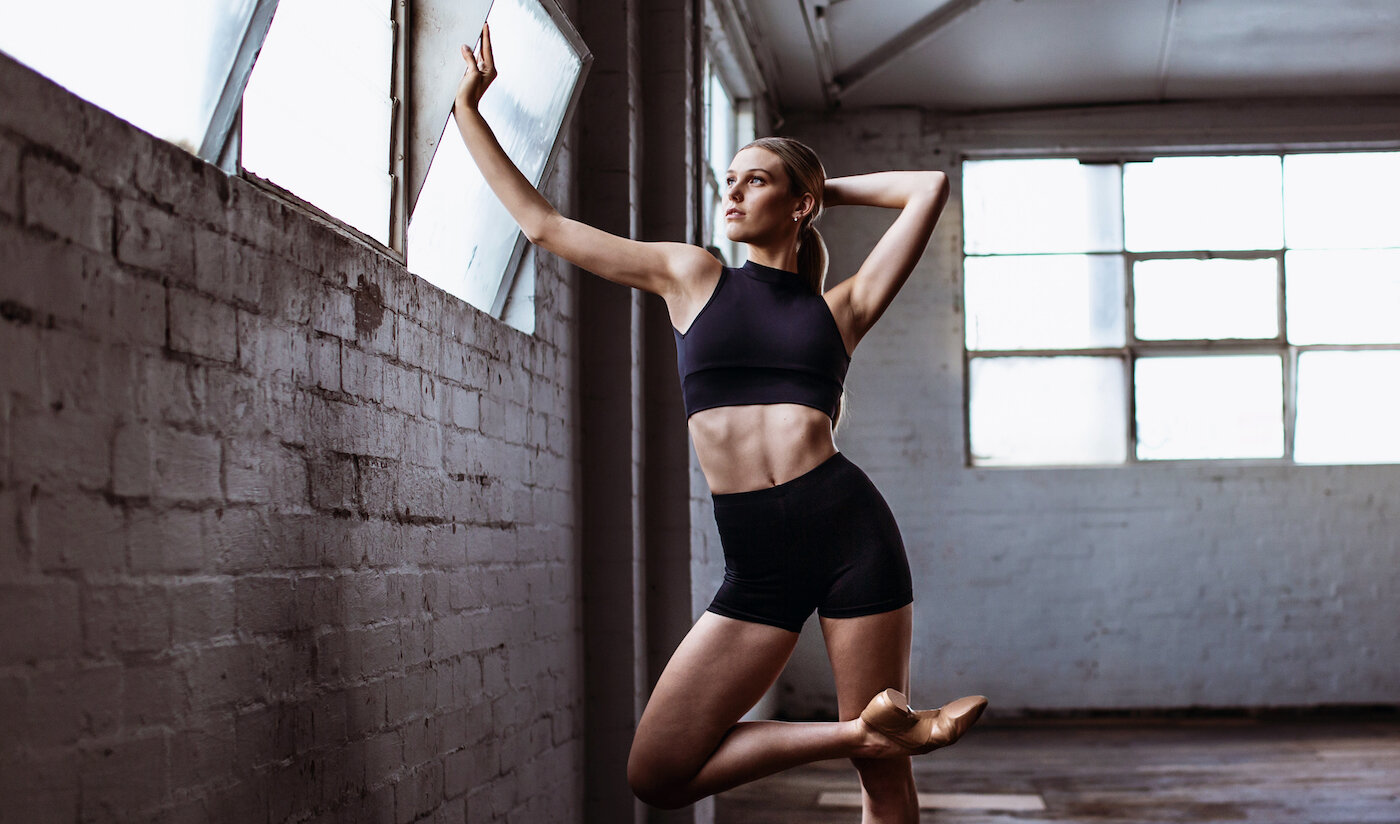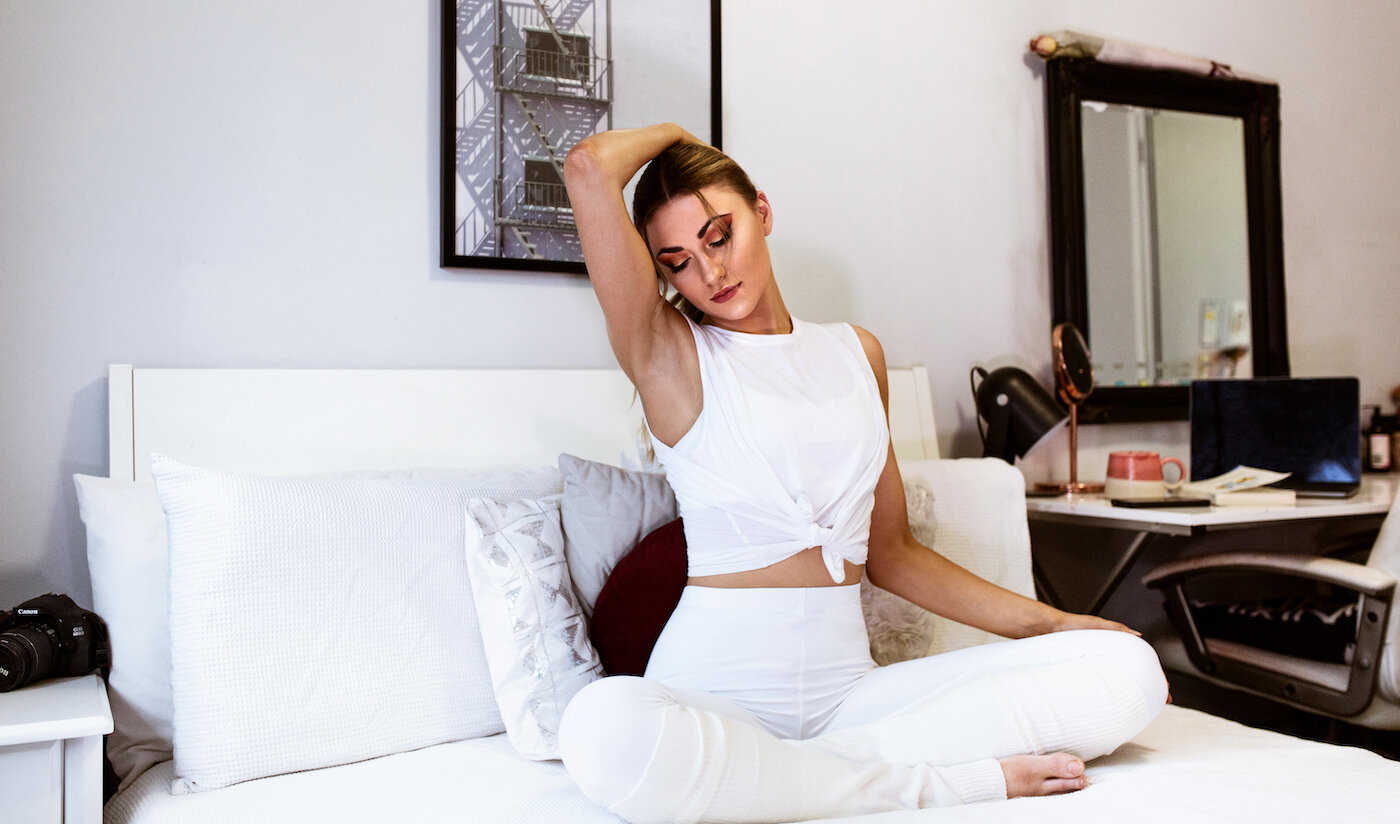Mental Wellbeing for Dancers
Having good mental health, or being mentally healthy, is more than just the absence of illness. Rather it’s a state of overall wellbeing. Our mental health influences and impacts all facets of our lives. Good mental health is associated with increased learning, creativity and productivity, as well as social relationships, improved physical health and life expectancy. However, mental health is complex. Just because someone isn’t experiencing a mental health condition doesn’t mean their mental health is flourishing. Likewise, it’s possible to be diagnosed with a mental health condition while feeling well in many aspects and facets of life. The promotion, protection and restoration of mental health is essential to ensure the overall wellbeing of individuals. The times of uncertainty we have experienced in the past year have really highlight the importance of this. Through mental health promotion we can encourage actions that create a supportive, conducive environment to improve psychological wellness.
Dance can be both beneficial and at times hindering when it comes to mental health. As a creative outlet, it allows us to disengage from the world and release how we are feeling through movement. However, while we can experience this emotional release, we can also experience moments of self criticism due to the high standards that are often set and expected from dancers. The health of a performing artist and the quality of their art are inextricably linked. If you aren’t feeling great, the work you produce isn’t going to be some of your best. While it’s possible to ‘fake it til you make it’, it’s not a sustainable way to perform and live. Taking the time to care for yourself mentally, emotionally, and physically will allow you to achieve the desired balance of striving to better yourself without being too harsh at the same time. Ways to nurture your mental wellbeing can be in the forms of self talk, building resilience and acts of mindfulness.
Zoe wears the Isabelle Lace Leotard in Navy and the Pivot 360.
Self-Talk
Self talk is your internal dialogue. Influenced by your subconscious mind, it often reveals your thoughts, beliefs, questions and ideas. It’s a powerful tool for increasing self confidence and curbing negative emotions. Often our self-talk can be a little more critical than it should be. We are happy to say things to ourselves that we would never say to our loved ones.
Having an inner critic isn’t always a bad thing. That voice can be helpful in keeping us motivated towards our goals. However, this voice can often be more harmful than helpful, particularly when it gets into the realm of excessive negativity. Negative self-talk is something that most of us experience from time to time. However, when out of control with excessive rumination and self-blame it can create significant stress not only to ourselves but those around us.
By learning how to have productive, positive conversations with ourselves, and reducing the negative self-talk, we can start to banish our inner critic. Some of us may find it easier than others to adopt positive self-talk however, it’s worth persisting with. By engaging in positive self-talk, we begin to view the world in a more positive manner and will ultimately feel better about ourselves. Positive self-talk isn’t only beneficial for our mental health, it can also enhance our immunity, reduce stress levels, and increase vitality and wellbeing. Brené Brown, motivational speaker, professor, lecturer and author, refers to negative voices in her head as ‘gremlins’. By giving her negative thoughts a name, she’s both stepping away and poking fun at them and ultimately improving her sense of self-worth - something worth trying!
Zoe wears the Willow Crop Top and Oakley Hot Short in Black, and the Neoprene Jazz Boot in Tan.
Building Resilience
Resilience is our ability to adapt or bounce back when things don’t go as planned. Those who are resilient don’t wallow or dwell on failures; they acknowledge the situation, learn from their mistakes, and then move forward. Resilience enables you to face difficult situations and still maintain good mental health. Dancers often need to be extremely resilient. Overcoming obstacles is part of our daily routine. There are coping strategies that you can incorporate into your daily routine to enable you to deal with stress and life’s stressors, allowing you to build your resilience and maintain a sense of control in your life.
These strategies include: journalling, meditation, creating small achievable goals (and celebrating once you’ve achieved these goals), taking time to relax and care for yourself, and incorporating gentle movement or exercise daily.
Through building mental resilience, one can cope with the unexpected changes and challenges in their life by drawing on their inner strength and using the support networks around them. Stress and setbacks are apart of life and can’t always be avoided. While they can be difficult to deal with at times, if you know you can cope with adversity, that can give you the confidence to get through tough situations.
Have confidence in your abilities and the positive things in life!
Dominique wears: The Roxy Crop Top in White, the Riley Crop, The Oakley Legging and the Nina Ankle Warmers
Mindfulness
Mindfulness is the idea of learning how to be fully present and engaged in the moment, aware of your thoughts and feelings without distraction or judgement. It’s about focusing on the present, paying attention to what is going on in you and around you. In teaching the mind to be present, we are teaching ourselves to live more mindfully, which is particularly helpful when faced with challenging circumstances or difficult situations. While mindfulness doesn’t eliminate stress or other difficulties, it allows you to become aware of unpleasant thoughts and emotions that arise because of challenging situations and how to better handle them in the moment. Of course mindfulness doesn’t mean we never get angry, rather it allows us to be more thoughtful in how we want to respond, whether that’s calmly and empathetically or occasionally with measured anger.
Mindfulness assists with mental health by literally changing the shape of our brains, a phenomenon called Neuroplasticity. Neuroplasticity is the ability of the brain to form new neural connections over time. Gray matter, responsible for emotion regulation and problem solving, as well as cortical thickness, responsible for learning and memory, both increase with regular mindfulness and meditation practice. The amygdala, which regulates how we feel stress, fear and anxiety, decreases in size [1]. Generalised neuroimaging meditation studies found that 8 weeks of mindfulness meditation changes our brains, rewiring them towards more positive thoughts and emotions [2].
If you’re new to mindfulness, a simple activity you can perform is the ‘One Minute Breathing’ Exercise.
Sit with your back straight but relaxed. Focus on your breath, how the air passes in and out of your nostrils and how your abdomen rises and falls with each breath. If thoughts start crowding in, gently let them go and refocus on your breathing. Follow the breath for one minute, gradually working up to five minutes.
By supporting and taking care of our mental health we are able to exist in a state of wellbeing where we feel good and function well in the world. Having social connections, good personal relationships, and being part of a community are vital to contributing and maintaining this sense of wellness. Prioritise your health - physical, mental, and emotional - and you’re body and soul will thank you for it!
Teah wears the Lynda Camisole and the Natalia Skirt in Mauve Haze.
If you feel like you may need a bit of extra support and help there are some great online and phone services available.
Listed below are just some of the resources you can reach out to:
Lifeline - 13 11 14 - lifeline.org.au
Beyond Blue - 1300 224 636 - beyondblue.org.au
Kids Helpline - 1800 55 1800 - kidshelpline.com.au
Black Dog Institute - blackdoginstitute.org.au
Headspace - headspace.org.au
ReachOut - reachout.com
Article by Sheree Ronai-Horvath
Photography by Elly Ford
[1]. Chau, B.K.H., Keuper, K., Lo, M., So, K-F., Chan, C.C.H. & Lee, T.M.C. (2018). Meditation-induced neuroplastic changes of prefrontal network are associated with reduced valence perception in older people. Brain and Neuroscience Advances, 2, 1-12. DOI: 10.1177/2398212818771822
[2]. Boccia, M., Piccardi, L. & Guariglia, P. (2015). The meditative mind: a comprehensive meta-analysis of MRI studies. BioMed Research International, 1-11. DOI: 10.1155/2015/419808









